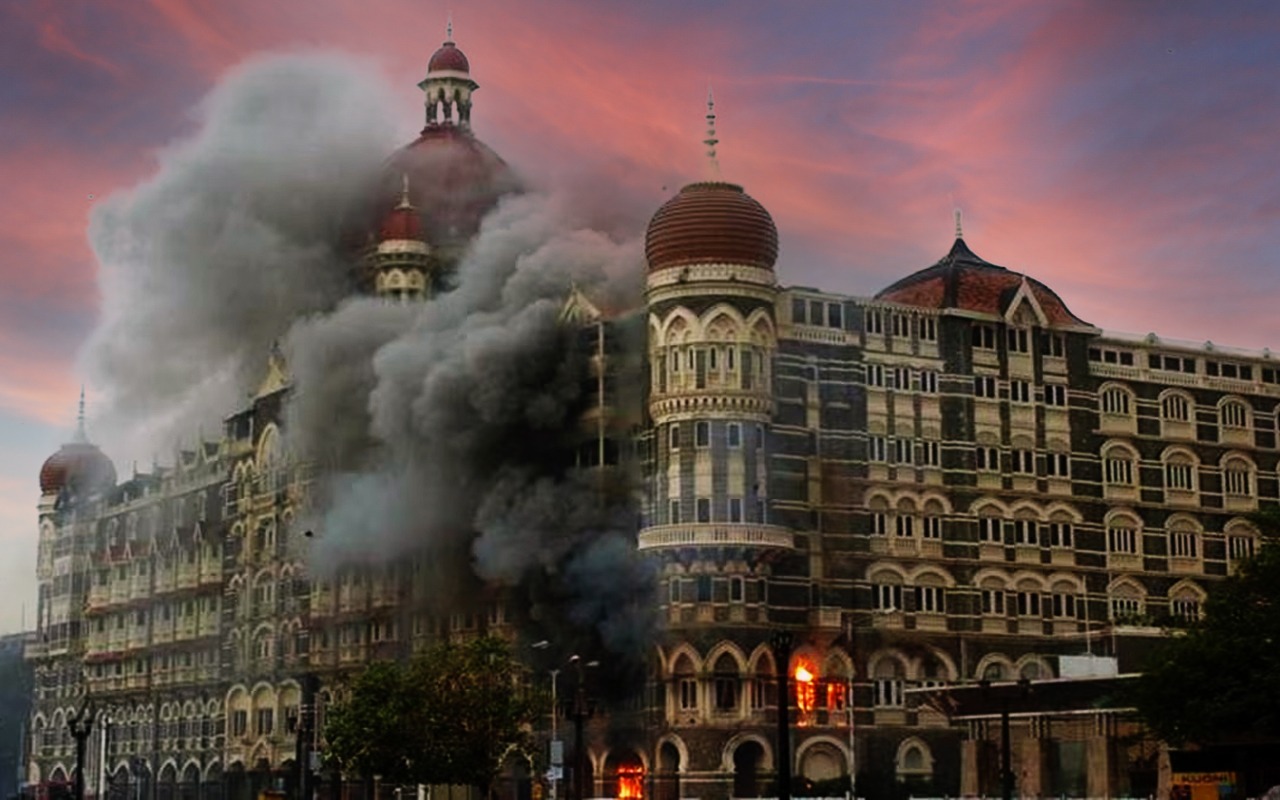NEW DELHI: Fifteen years have passed since the haunting events of November 26, 2008, when Mumbai, the financial heart of India, bore witness to a series of terror attacks that left an indelible mark on the nation. Though progress has been made since that fateful day, the scars of the Mumbai terror attacks continue to linger, a painful reminder of the devastating assault that unfolded over four harrowing days.
The meticulously planned attacks orchestrated by Pakistan-backed Lashkar-e-Taiba terrorists targeted key locations in Mumbai, including Chhatrapati Shivaji Maharaj Terminus, the Jewish Centre at Nariman House, the Leopold Cafe, and the Taj and Oberoi Hotels. These sites, frequented by a diverse range of visitors, became the epicentre of chaos, leaving behind a trail of destruction, terror, and horror.
The assailants, numbering 10 in total, carried out the assault with strategic precision, resulting in the loss of 166 lives and leaving another 300 individuals injured. Among the perpetrators, nine were killed during the attacks, while Mohammad Ajmal Amir Qasab was apprehended. Qasab, the lone surviving terrorist, met his end in May 2010 when he was handed the death penalty and subsequently executed in 2012 at Pune’s maximum-security Yerawada Central Jail.
On the 15th anniversary of the Mumbai terror attacks, Maharashtra’s Chief Minister Eknath Shinde, Deputy CM Devendra Fadnavis, and ministers Deepak Vasant Kesarkar and Mangal Prabhat Lodha paid tribute to the martyrs of this tragic event. Eighteen security personnel had lost their lives during the carnage.
President Droupadi Murmu expressed the nation’s collective grief, stating, “A grateful nation remembers with pain all the victims of the 26/11 Mumbai terror attacks. We stand with their families and loved ones in honouring the memory of the brave souls. I pay homage to the valiant security personnel who laid down their lives for the motherland. Recalling their supreme sacrifice, let us renew our pledge to battle terrorism in all forms everywhere.”
In addition to the official commemoration, a day-long poster exhibition was organised at the Broken Chair in front of the UN, Geneva, by human rights activist and author Priyajit Debsarkar.
Speaking about the event, Debsarkar emphasised, “Today, we are protesting in front of the United Nations, Geneva. We have displayed a lot of balance here to commemorate the costly and terrible barbaric terror attacks which rocked Mumbai, the Indian financial epicentre, 15 years ago.”
As the nation reflects on the 15th anniversary of the Mumbai terror attacks, it honours the fallen heroes who selflessly prioritised the lives of innocents over their own. The tragedy that unfolded on that dreadful day remains etched in the collective memory of the entire country, serving as a solemn reminder of the need to combat terrorism in all its forms.









